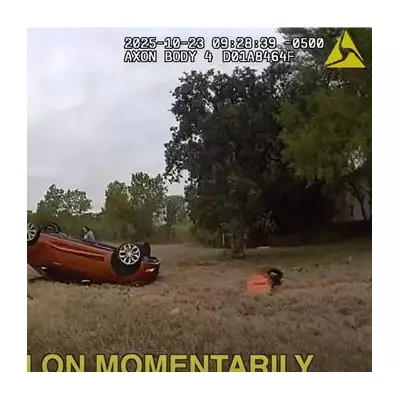
Embarking on the journey of training a new dog is one of the most rewarding experiences for any pet owner in the UK. Whether you've welcomed a bouncy new puppy or given a rescue dog a second chance, establishing a foundation of trust and clear communication is paramount. This comprehensive guide will walk you through the essential steps to cultivate a well-behaved and happy canine companion.
Laying the Foundation: Patience and Positive Reinforcement
The cornerstone of modern dog training is positive reinforcement. This method, which rewards desired behaviours with treats, praise, or play, builds confidence and strengthens your bond. Forget outdated notions of dominance; the key is to be a consistent, patient, and kind leader your dog can trust.
Your Step-by-Step Training Blueprint
- Master Your Timing: The reward must come immediately—within seconds—of the correct behaviour for your dog to make the connection. Keep a pouch of small, high-value treats handy.
- Start with the Essentials: Focus on foundational commands that ensure safety and manageability. Sit, stay, come (recall), and lead walking are non-negotiable priorities.
- Keep Sessions Short and Sweet: A dog's attention span is limited. Aim for multiple five-minute sessions throughout the day rather than one long, tedious lesson. Always end on a positive note.
- Minimise Distractions: Begin training in a quiet, familiar room. Gradually introduce more distractions, like the garden or a quiet park, only once your dog has mastered a command indoors.
- Consistency is Everything: Everyone in the household must use the same commands and reward system. Mixed signals will only confuse your dog and hinder progress.
Tackling Common Behavioural Hurdles
It’s normal to face challenges. Puppies will bite and chew as they teethe, while some dogs may bark excessively or pull on the lead. Address these issues by redirecting their energy onto appropriate toys and using calm, assertive training techniques. Never punish; instead, show them what you want them to do.
Knowing When to Seek Professional Help
If you're struggling with severe anxiety, aggression, or other complex behavioural issues, do not hesitate to contact an accredited UK dog behaviourist or trainer. Look for qualifications from bodies like the Association of Pet Dog Trainers (APDT UK). It’s a sign of responsible ownership, not failure.
Remember, training is not a one-time task but an ongoing conversation with your dog. It fosters a deep, lifelong bond built on mutual respect and understanding. Embrace the process, celebrate the small victories, and enjoy the journey with your four-legged friend.





